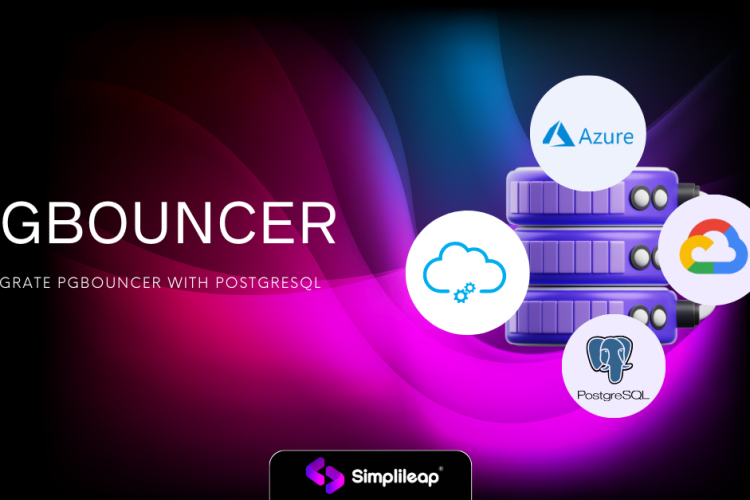
In the dynamic world of e-commerce, selecting the right platform for your online store is a crucial decision that can significantly impact your business’s success. Two popular choices, WooCommerce and Shopify, offer distinct advantages and disadvantages. In this blog post, we will explore the features of both platforms and help you determine when to opt for WooCommerce or Shopify based on your business needs.
Pros and cons of WooCommerce:
| Pros | Cons |
|---|---|
| Flexibility and Customization: WooCommerce is a WordPress plugin, providing users with the flexibility of the WordPress platform. It allows for extensive customization, making it suitable for businesses with unique requirements. | Learning Curve: For users unfamiliar with WordPress, there might be a learning curve associated with setting up and managing WooCommerce. However, this can be mitigated with the help of tutorials and documentation. |
| Cost-Effectiveness: WooCommerce itself is a free plugin, and many of its extensions are also available for free or at a lower cost compared to Shopify apps. This can be advantageous for small businesses or startups with budget constraints. | Hosting and Maintenance: WooCommerce requires users to manage their hosting, security, and updates. While this provides more control, it also means additional responsibilities and potential costs for server maintenance. |
| Content Marketing: As a part of the WordPress ecosystem, WooCommerce seamlessly integrates with content marketing strategies. Businesses can leverage the power of blogging and SEO to drive traffic to their online stores. |
Pros and cons of Shopify:
| Pros | Cons |
|---|---|
| Ease of Use: Shopify is known for its user-friendly interface, making it accessible for beginners. The platform takes care of hosting, security, and updates, allowing users to focus on running their businesses. | Monthly Costs: While Shopify offers different pricing plans, the costs can add up, especially when considering transaction fees and app purchases. This might make it less appealing for budget-conscious businesses. |
| App Store: Shopify boasts a vast App Store with a variety of plugins and extensions, simplifying the process of adding new features and functionalities to your store. | Limited Customization: While Shopify allows for customization, it might not offer the same level of flexibility as WooCommerce. Businesses with highly unique or complex requirements might find themselves limited by Shopify’s framework. |
| Scalability: Shopify is a hosted solution, which means it can handle high levels of traffic and transactions. This scalability is particularly beneficial for growing businesses. |
When to Choose WooCommerce or Shopify:
Choose WooCommerce if:
- You are already using or prefer the WordPress platform.
- Your business requires a high level of customization.
- You have the technical expertise or resources to manage hosting and maintenance.
- Your business requires the data to be hosted / stored in your servers due to security compliance.
Choose Shopify if:
- You want a hassle-free, user-friendly platform.
- Your business is rapidly growing and requires scalability.
- You prefer a fully-managed solution and are willing to pay for the convenience.
Conclusion:
Both WooCommerce and Shopify have their strengths and weaknesses, catering to different business needs. Assess your specific requirements, budget constraints, and technical capabilities before making a decision. Ultimately, choosing the right e-commerce platform is a critical step towards building a successful online store.
At Simplileap, we have expertise in both the platforms. If you are not sure about which platform to go with, we will discuss with your stakeholders and can give recommendations so that you can take appropriate decision.





